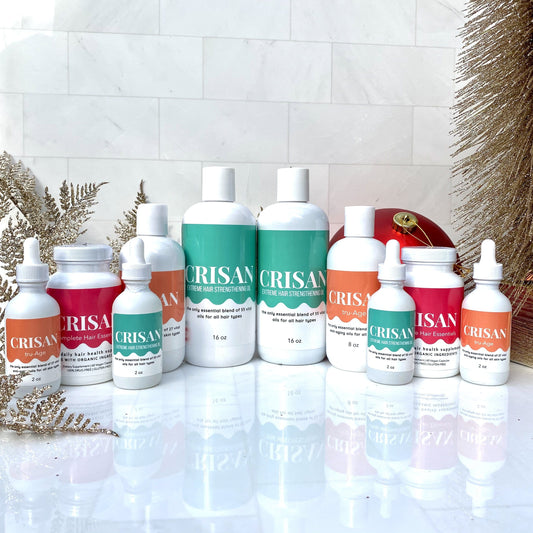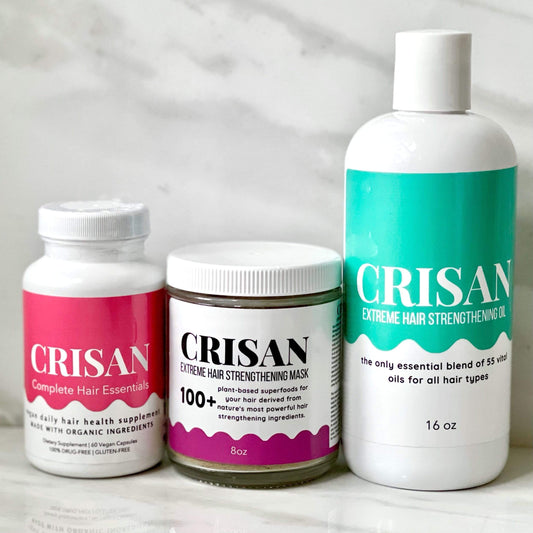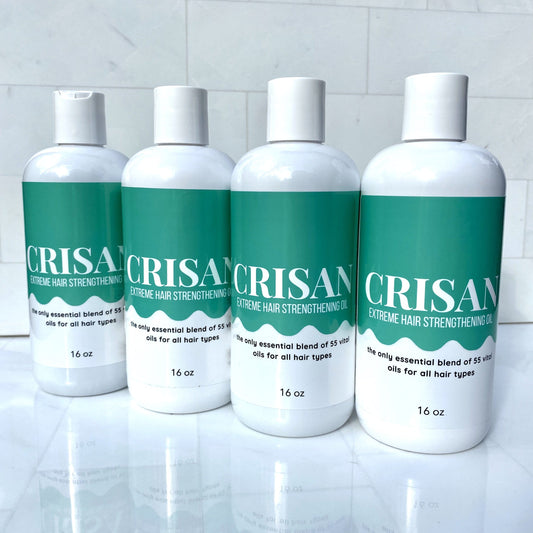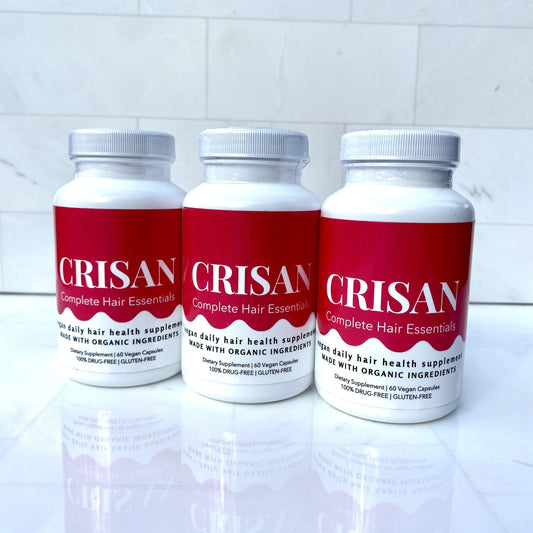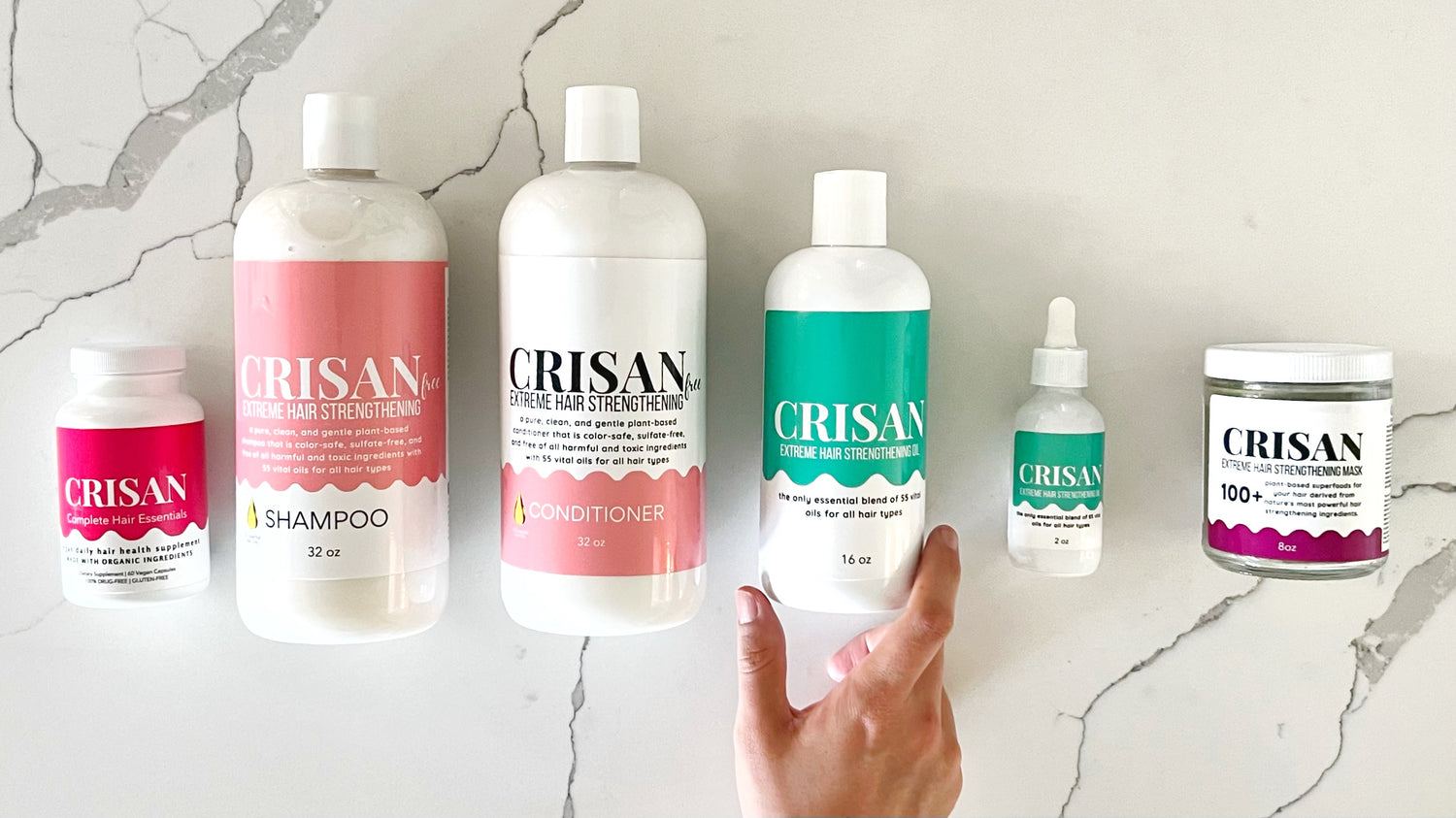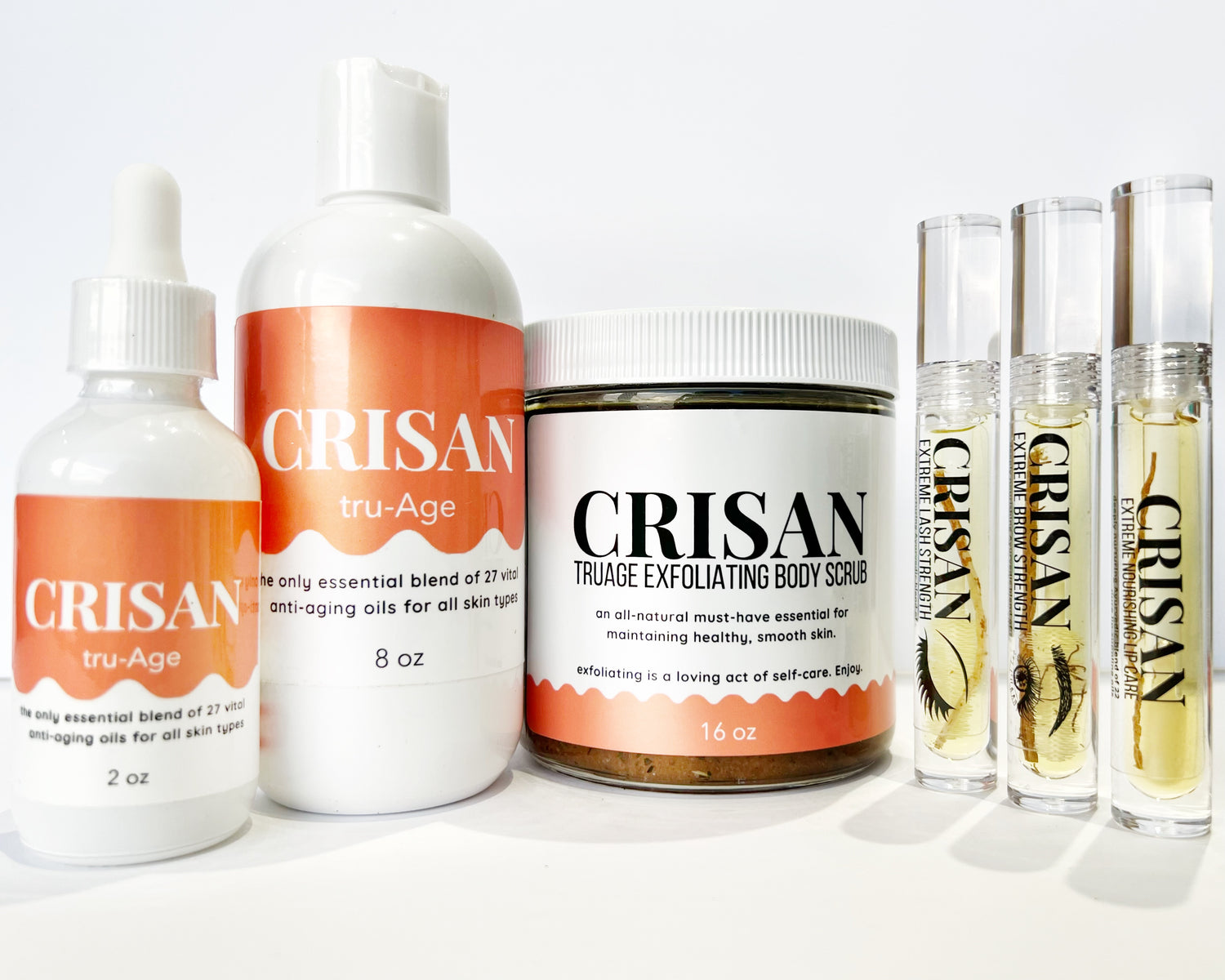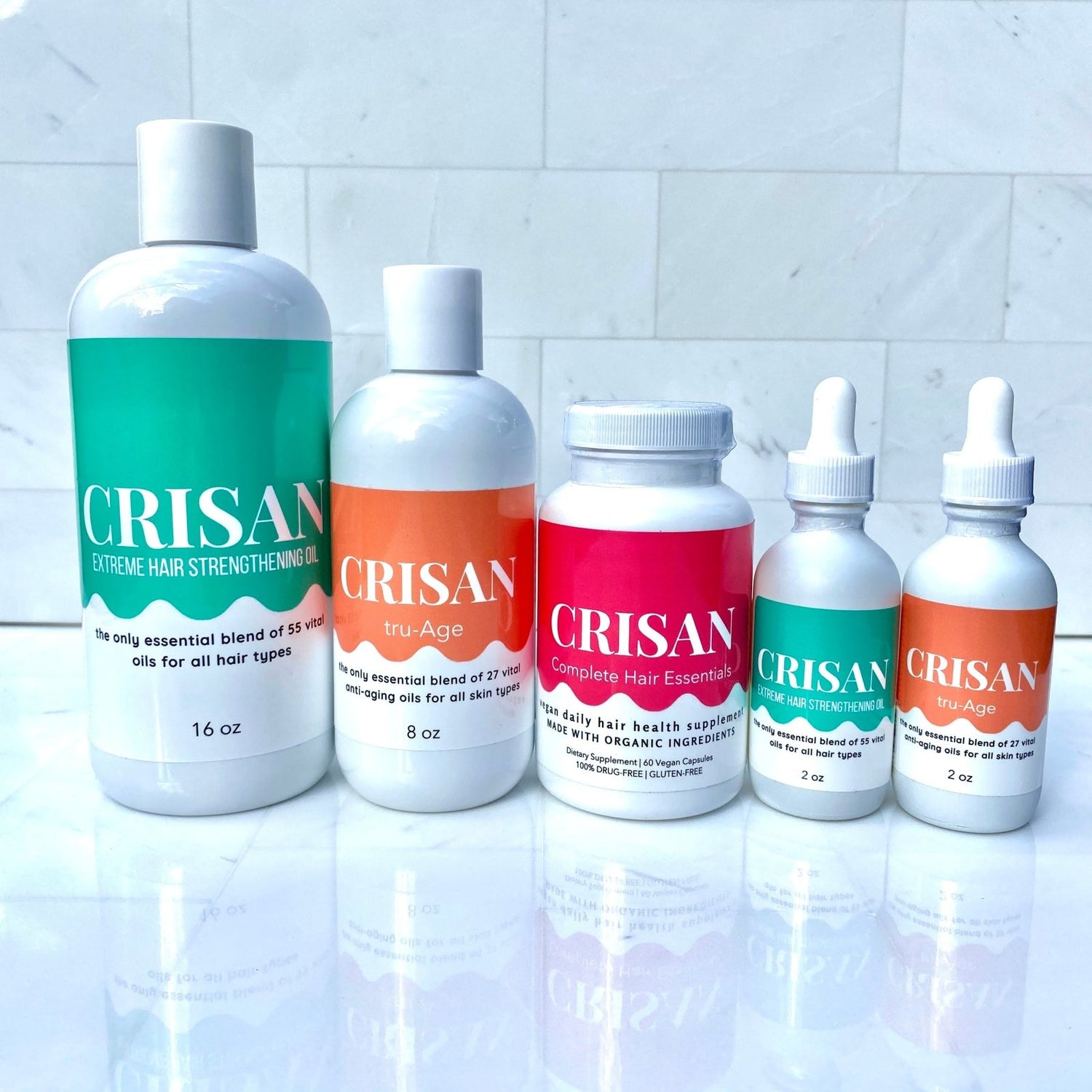Hair loss is a common concern affecting millions of people worldwide. While there are numerous medical treatments available, many individuals seek natural remedies to promote hair growth and prevent further loss. This article explores effective natural remedies for hair loss, focusing on understanding the causes, the role of diet, herbal remedies, essential oils, scalp care, lifestyle changes, homemade treatments, and when to seek professional help.
Key Takeaways
- Understanding the root causes of hair loss, such as genetic factors, hormonal imbalances, and nutritional deficiencies, is essential for effective treatment.
- A balanced diet rich in essential nutrients like vitamins, minerals, and proteins can significantly improve hair health and promote growth.
- Herbal remedies, including rosemary oil, aloe vera, and ginseng, offer natural alternatives to stimulate hair growth and improve scalp health.
- Incorporating essential oils like lavender, peppermint, and tea tree oil into your hair care routine can enhance hair regrowth and maintain scalp health.
- Regular scalp care, including massage techniques and the use of specialized tools, can improve blood circulation and support hair growth.
Understanding the Causes of Hair Loss
Experiencing hair loss is a common concern affecting millions of people worldwide. It impacts both men and women and can deeply affect one's self-esteem and confidence. Understanding the underlying causes is crucial for effective treatment and prevention.
The Role of Diet in Hair Health
A well-balanced diet is crucial for maintaining healthy hair. Essential nutrients play a significant role in promoting hair growth and preventing hair loss. Including a variety of foods in your daily meals can ensure that your hair receives the necessary vitamins and minerals.
Essential Nutrients for Hair Growth
Protein is vital for strengthening hair and promoting growth. Aim for two to three 3-ounce servings of meat or a combination of four to five servings of dairy and beans daily. Nuts, seeds, eggs, and fish are excellent sources of omega-3 fatty acids, which help reduce inflammation and support a healthier scalp.
Foods to Include in Your Diet
Incorporate a variety of vegetables, fruits, grains, legumes, and lean meats into your diet. Aim for six to ten servings of vegetables and two to four servings of fruits each day. This variety ensures that your hair gets a broad spectrum of nutrients.
Foods to Avoid
Certain foods can negatively impact hair health. It's best to avoid excessive consumption of sugary snacks, processed foods, and high-fat items. These can lead to nutritional deficiencies that may contribute to hair loss.
An overall balanced diet is necessary for a healthy scalp and healthy hair.
Herbal Remedies for Hair Loss
Herbs have been cherished for centuries in various beauty and hair care routines. Some evidence suggests that certain herbs can aid in hair growth through multiple mechanisms. Incorporating these natural remedies into your routine can be a gentle yet effective way to combat hair thinning.
Essential Oils for Hair Regrowth
Essential oils have been used for centuries to promote hair health and regrowth. These natural remedies can be a gentle yet effective way to address hair thinning and loss. Incorporating essential oils into your hair care routine can stimulate hair follicles and improve scalp health.
Scalp Care and Massage Techniques
Maintaining a healthy scalp is crucial for promoting hair growth and preventing hair loss. A well-nourished scalp provides the ideal environment for hair follicles to thrive. Healthy scalp care can also help alleviate issues such as dandruff and itchiness, which can impede hair growth.
Scalp massage is one of the top natural hair growth solutions for 2024. It not only feels good but also helps to lower stress hormones like cortisol. To perform a scalp massage, use your fingertips to move across your scalp in small circles, applying light to medium pressure. This technique increases blood flow to the scalp and stimulates hair follicles, promoting healthier hair growth naturally. Aim to massage your scalp for about 4 minutes daily for the best results.
While using your fingers is effective, there are various tools available that can enhance your scalp care routine. Scalp massagers, which can be found online or in drugstores, are designed to boost blood flow and improve scalp health. These tools can make your scalp massage more efficient and enjoyable. Additionally, incorporating essential oils like rosemary or peppermint into your massage can further stimulate hair growth and improve overall scalp health.
Consistent scalp care and massage can significantly improve hair health and growth. Incorporating these practices into your routine can lead to noticeable results over time.
Lifestyle Changes to Prevent Hair Loss
Managing Stress Levels
Stress is a significant factor in hair loss. Engaging in relaxation techniques such as meditation, yoga, and deep-breathing exercises can help manage stress-related hair loss. Getting plenty of sleep is also crucial for maintaining healthy hair.
Avoiding Harmful Hair Practices
To maintain healthy hair, it's essential to avoid harsh styling products and heat treatments. Consider the following tips:
- Establish a gentle hair care routine.
- Reduce the use of heated products.
- Avoid chemical hair treatments.
- Avoid tightly pulled ponytails, braids, pigtails, and buns.
- Avoid pulling or tugging your hair.
- Quit smoking.
Incorporating Regular Exercise
Regular exercise not only benefits your overall health but also promotes healthy hair. Physical activity improves blood circulation, which can help in delivering essential nutrients to your hair follicles. Aim for at least 30 minutes of exercise most days of the week.
Eating a nutritious diet and keeping stress levels low can help prevent hair loss and encourage hair growth.
Homemade Hair Masks and Treatments
Coconut Oil and Honey Mask
Coconut oil is rich in vitamin E, fatty acids, and antioxidants, making it an excellent choice for a natural hair mask. When combined with honey, it helps to rehydrate the scalp and strengthen hair follicles. This treatment is particularly beneficial for dry and damaged hair. To prepare, mix equal parts of coconut oil and honey, apply to your hair, and leave it on for 30 minutes before rinsing thoroughly.
Avocado and Olive Oil Treatment
Avocado is packed with essential nutrients that promote hair health, while olive oil adds moisture and shine. This combination can help thicken hair with organic treatments. Mash one ripe avocado and mix it with two tablespoons of olive oil. Apply the mixture to your hair, focusing on the ends, and leave it on for 20-30 minutes before washing it out.
Egg Yolk and Castor Oil Remedy
Egg yolk is a powerhouse of vitamins and proteins that nourish the hair, and castor oil is known for its ability to promote hair growth. This remedy is ideal for those looking to address hair thinning. Mix one egg yolk with two tablespoons of castor oil and apply it to your scalp and hair. Leave it on for 30 minutes before rinsing with cool water.
Consistency is key when using homemade hair masks. Regular application can lead to noticeable improvements in hair texture and strength.
For those wondering how to make organic hair masks for hair thinning, these treatments offer a natural and effective solution. Additionally, if you're curious about how to make homemade organic hair growth serum, incorporating these ingredients into your routine can be highly beneficial.
When to Seek Professional Help
If you notice excessive hair loss, especially if accompanied by other symptoms, it is crucial to consult a healthcare provider. Getting to the root of the problem is essential for identifying the best course of treatment. Hair loss can be a sign of underlying health issues that need medical attention.
Medical treatments for hair loss can vary widely, from topical solutions to oral medications. Consulting a healthcare professional will help you understand the most effective options for your specific condition. Sometimes, treating the hair as gently as possible can help preserve it and minimize the rate of hair loss.
For a holistic approach, you may consider combining natural remedies with medical treatments. This can offer a more comprehensive solution to hair loss. You may also want to ask your clinician for a referral to a therapist or support group to address emotional difficulties. Hair loss can greatly impact your mental well-being and self-esteem.
Consult a healthcare professional for a personalized approach to meet your needs and preferences while on your hair care journey.
Recognizing when to seek professional help is crucial for your well-being. If you find yourself overwhelmed or unsure, don't hesitate to reach out to a professional. For more resources and support, visit our website and explore our comprehensive range of products and services designed to help you thrive.
Conclusion
Hair loss can be a deeply personal and distressing experience, but there are numerous natural remedies that may help mitigate its effects. From essential oils like coconut and rosemary oil to dietary adjustments and stress management, these approaches focus on holistic well-being. While natural remedies can offer significant benefits, it's important to remember that results can vary from person to person. Consulting with a healthcare professional can provide a tailored approach to meet your specific needs. Embrace the journey towards healthier hair with compassion and patience, knowing that you are taking steps towards overall wellness.
Frequently Asked Questions
What are the most effective natural remedies for hair loss?
Some of the most effective natural remedies for hair loss include using essential oils like rosemary, lavender, and peppermint, as well as herbal treatments like aloe vera and ginseng. Additionally, maintaining a healthy diet rich in essential nutrients can support hair health.
Can diet really impact hair growth?
Yes, diet plays a crucial role in hair growth. Consuming foods rich in vitamins, minerals, and proteins can promote healthy hair growth and prevent hair loss. Essential nutrients for hair health include biotin, vitamin E, iron, and omega-3 fatty acids.
How can I use essential oils to promote hair regrowth?
Essential oils can be used by diluting them with a carrier oil and massaging the mixture into the scalp. For example, you can mix a few drops of lavender or peppermint oil with coconut oil and apply it to your scalp to stimulate hair follicles and promote regrowth.
Are there any specific foods I should avoid to prevent hair loss?
Yes, certain foods can negatively impact hair health. It's advisable to avoid excessive consumption of sugary foods, processed foods, and those high in unhealthy fats. These can lead to nutritional imbalances that may contribute to hair loss.
How often should I use homemade hair masks for best results?
For best results, you can use homemade hair masks once or twice a week. Ingredients like coconut oil, honey, avocado, and egg yolk are excellent for nourishing the hair and promoting growth when used regularly.
When should I consider seeking professional help for hair loss?
If you notice excessive hair shedding, bald patches, or if natural remedies do not seem to be effective, it may be time to consult a dermatologist. They can provide medical treatments and help diagnose any underlying conditions contributing to hair loss.


